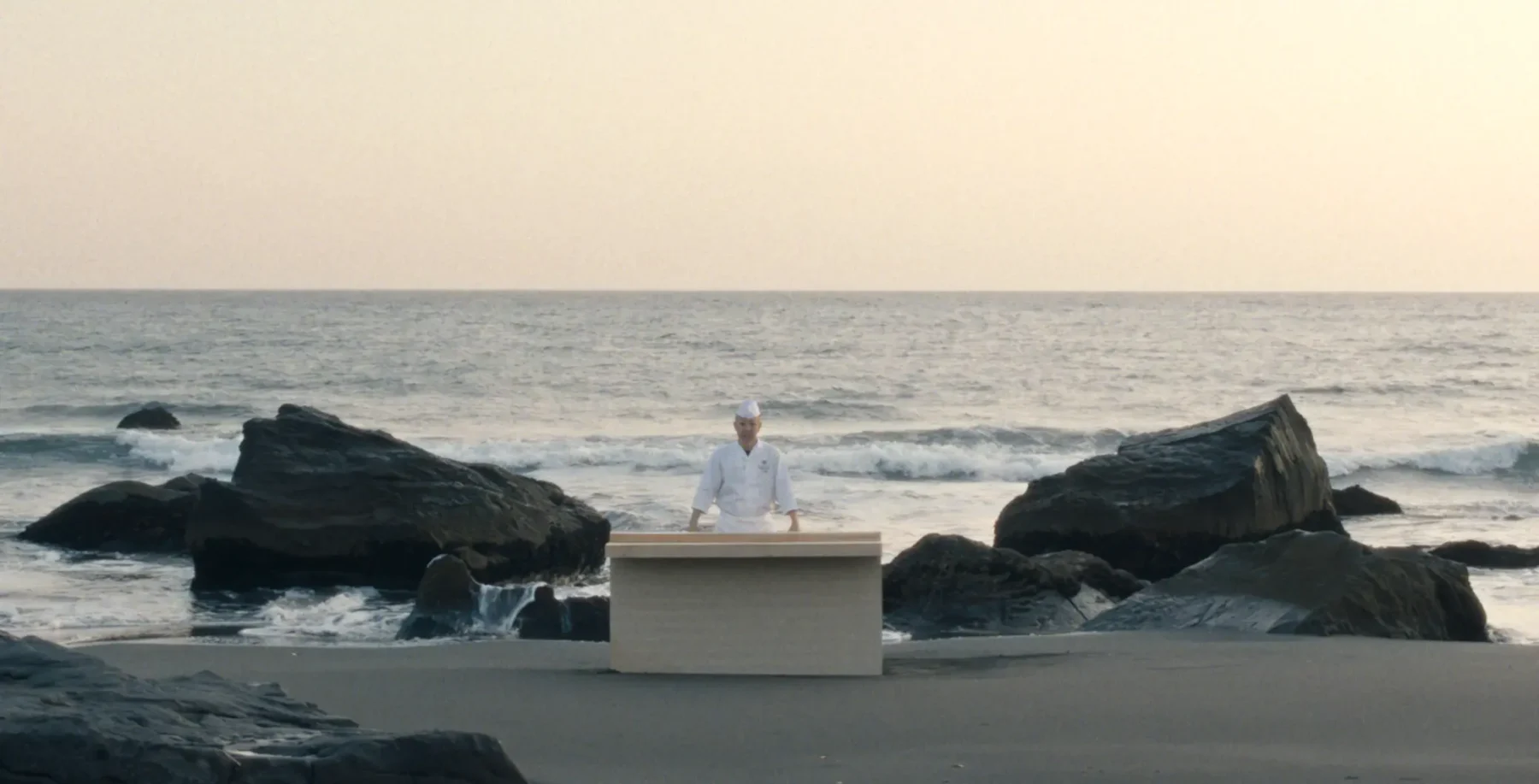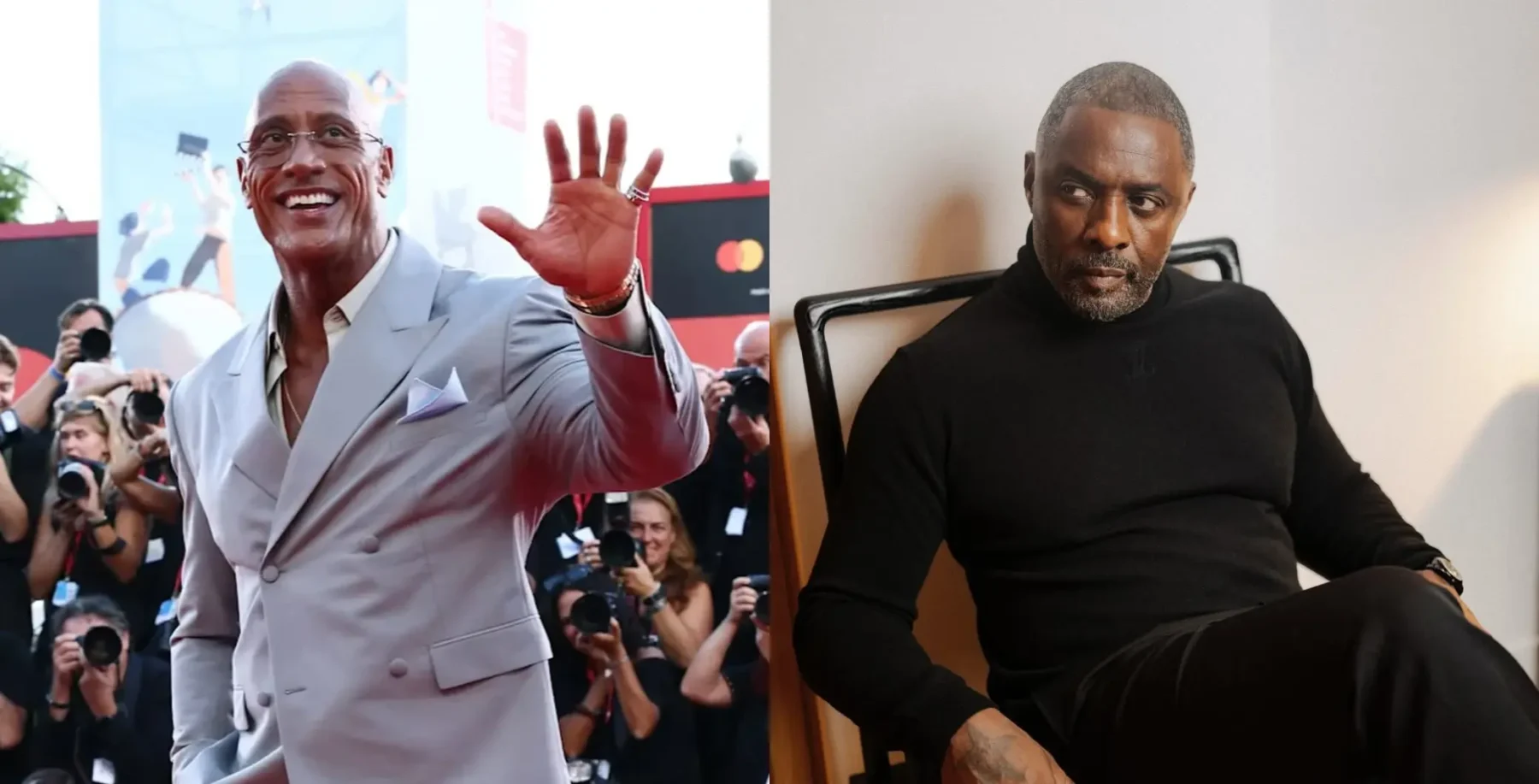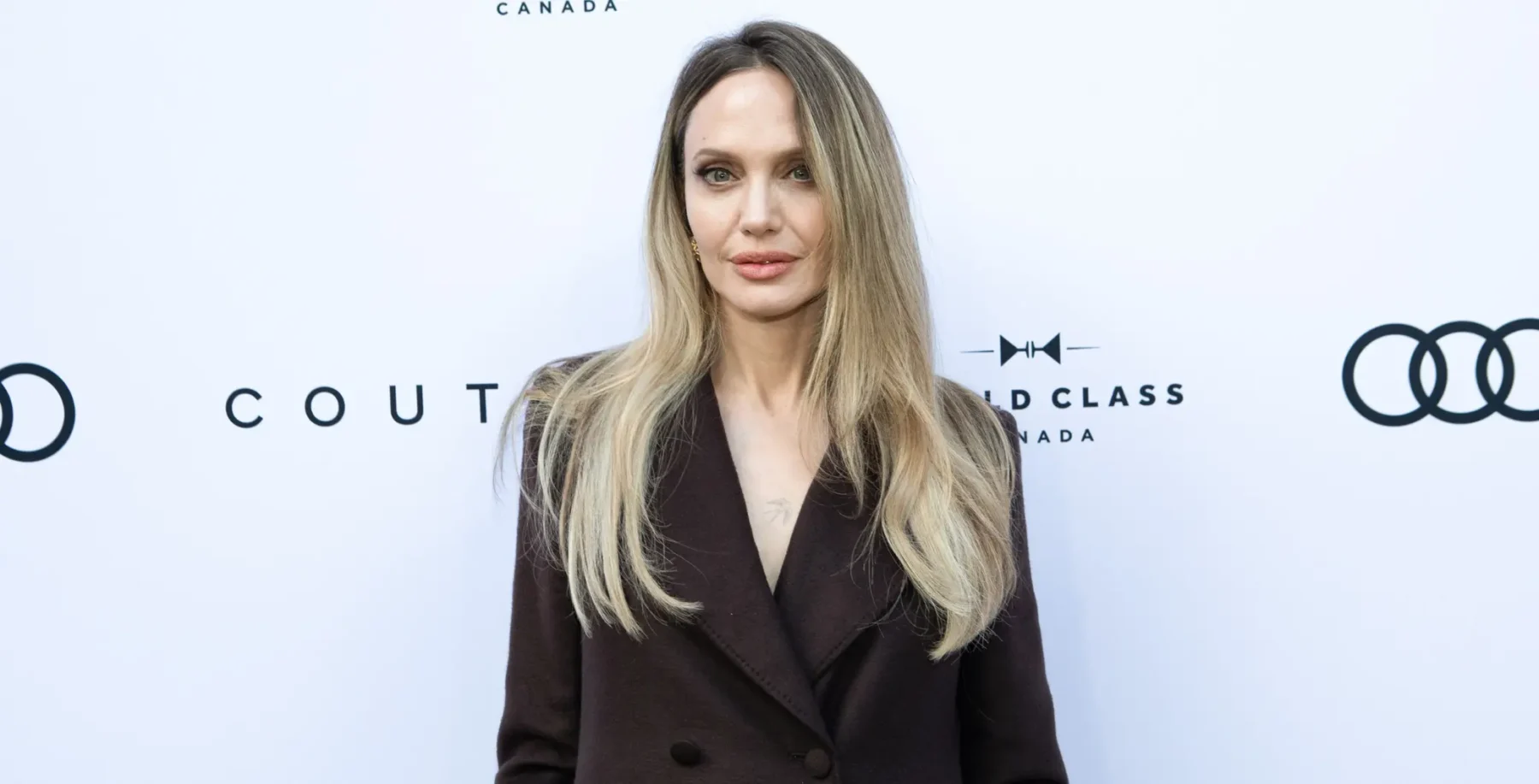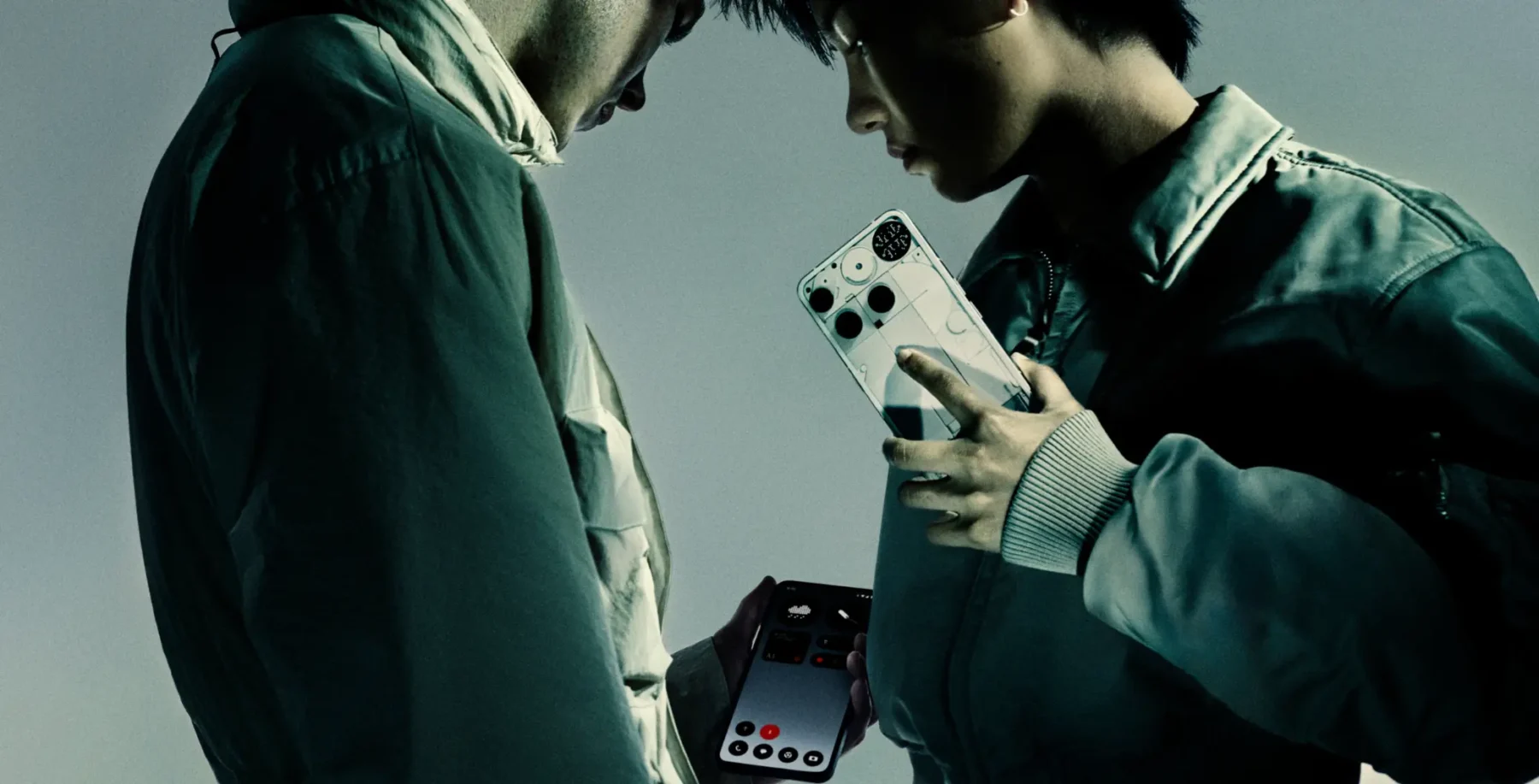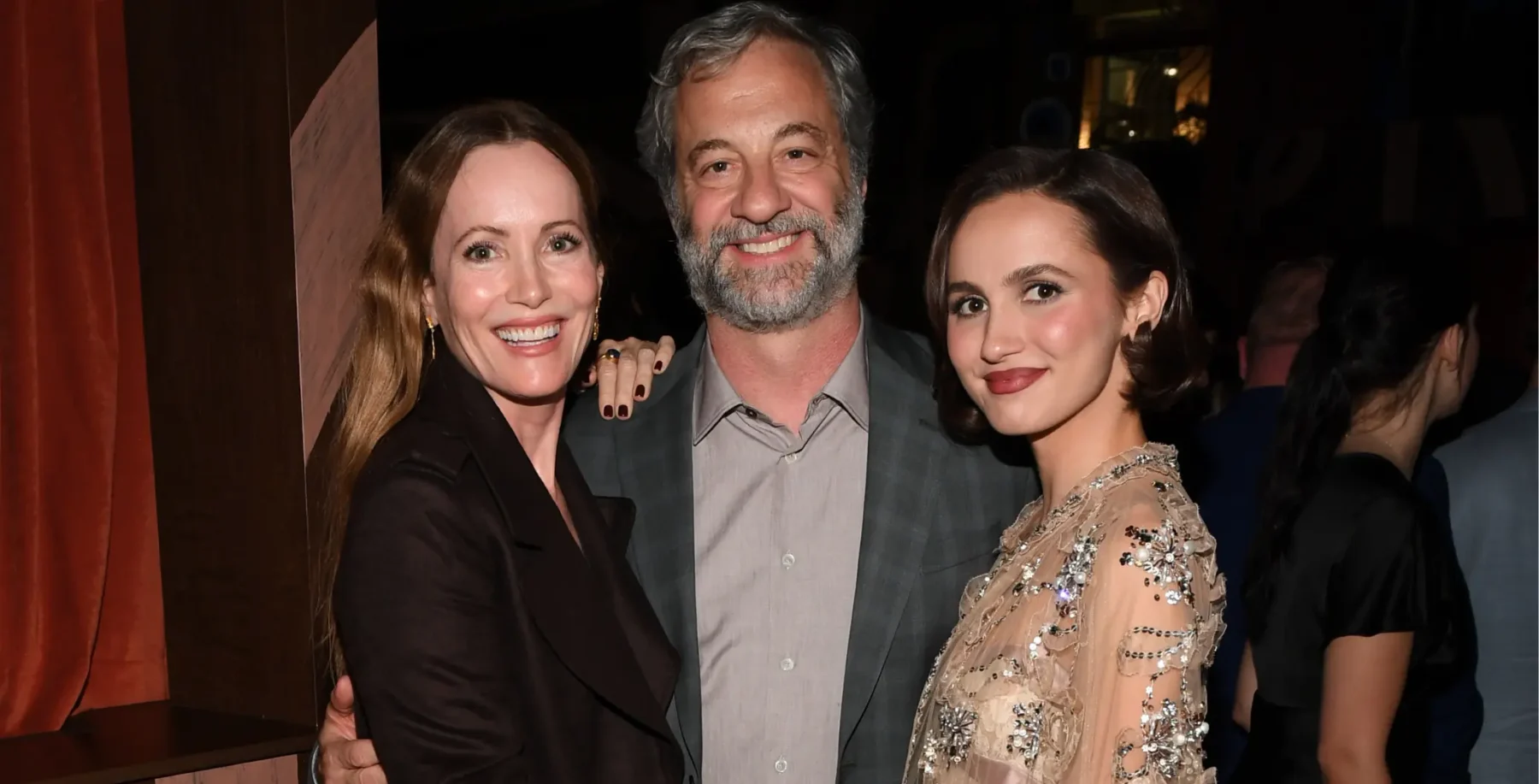
Kavale was born in Toronto in 1991 as Oneko McTaggart, and it wasn’t long before his soon-to-be-tapped musical instincts drove him to eavesdrop on his sister’s piano lessons and to listen in on the harmonious song of his church’s choir. At the age of nine, he began to tinker with make-shift tape recorders, eventually graduating to the boundless expanse of a studio soundboard.
Kavale recalled his formative years as ones punctuated by lasting stints at friends’ houses, listening to the music their families listened to and eating the food their families ate, signalling, albeit subtly, that his environment demanded he develop a mixed and malleable skill set. What resulted was a trove of knowledge and life experience that would inform the subject matter of his ever-expanding body of work.
Toronto has afforded Kavale a point of view few cities can match; he is able to pull influence from its rich multicultural makeup while being exposed to its striking contradictions.
“Growing up here I was always going round to different friends’ houses and being introduced to different types of music and food and culture, so I put all that together,” he said to Now Toronto, in what amounts to an idiosyncratic ability to seamlessly transition from one medium to the next, a trait that has come to define him as an artist. And, after a hiatus from producing music Kavale has returned, new album in tow, shrouded by an air of clarity and effortless calm.

On the subject of his greatest influences, without hesitation, Kavale cited Kanye West. His own staggered trajectory into music bears likeness to Kanye’s, a rapper who famously forayed his way into the business by dropping home-made demos on the desks of anyone who’d let him through the door. Kavale credits Kanye for helping him to “pivot into production and rapping,” otherwise assigning “life” the role of his creative crutch.
Nonetheless, Kavale’s personal taste often deviates from the music he’s making. Lately, he has been listening to a lot of country, Chris Stapleton to be specific, which given Kavale’s ability to integrate multiple and often contrasting components into his own work, should come as no great shock.
Sampha, James Blake, Ty Dolla $ign, and “of course Drake,” a name practically synonymous with Toronto and a figure whose roaring influence Kavale would be remiss not to mention, all made his vibrant list of inspirers and desired collaborators.
For Kavale, writing music is a form of therapy. He described it as an exercise that helps him to process the peaks and pitfalls of his daily life, which often culminates in a set of fledgling song ideas waiting to be shaded and defined by the narrative arc of an album.
Kavale’s new record, Aren’t You Lucky, drops Sept. 7.


